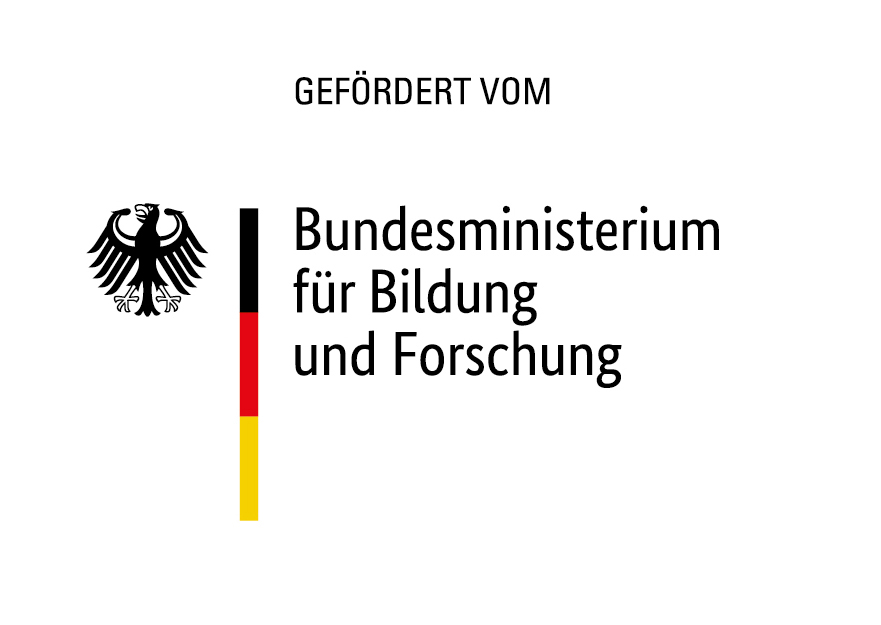
infoXpand
Interactions between the infodemic and the pandemic
Project content and objectives
The COVID-19 pandemic was accompanied by an “infodemic”, i.e. an excess of information about the virus, protective measures and government interventions. In particular, the misinformation and conspiracy theories spread on the internet were blamed for the increasing polarization of opinion, radicalization and declining trust in institutions. It was warned that this had fueled the pandemic and made it even more difficult to manage. However, models of disease spread, such as those used to predict pandemic dynamics, ignore the fact that information and the pandemic form a complex interaction.
While these models take into account that low vaccination rates, for example, increase the number of hospitalizations, they do not take into account that knowledge of the increasing number of hospitalizations motivates people to get vaccinated. Our main goal in infoXpand is to understand this feedback loop between pandemic and information dissemination and to derive suggestions for future decision makers. To this end, we have established an interdisciplinary consortium with unique expertise in pandemic modeling, opinion dynamics, mobility and human behavior.
We develop and analyze agent-based models and compartment models that capture both the classic disease dynamics and the opinion dynamics. We calibrate critical model assumptions with data from social science survey studies and behavioral experiments as well as with extensive mobility data.
Project structure
The infoXpand project is divided into four sub-projects.
- Subproject 1 –
Understanding the interplay between the infodemic and the pandemic. - Subproject 2 –
The development and comparison of agent-based models and macromodels that combine disease and opinion dynamics. - Sub-project 3 –
Identifying the conditions under which the infodemic has undesirable effects on disease dynamics and hinders government interventions. - Subproject 4 –
The identification of intervention strategies that prevent the undesirable effects of infodemics.
Project managers and partners
- Dr. Viola Priesemann (coordinator) from the Max Planck Institute for Dynamics and Self-Organization, Göttingen (MPIDS)
- Univ.-Prof. Dr. phil. André Calero Valdez from the Institute for Multimedia and Interactive Systems (IMIS), University of Lübeck
- Prof. Dr. Mirjam E. Kretzschmar from the University of Utrecht
- Prof. Dr. Michael Mäs from the Karlsruhe Institute of Technology (KIT)
- Prof. Dr. Kai Nagel from the Technical University of Berlin
- Research

